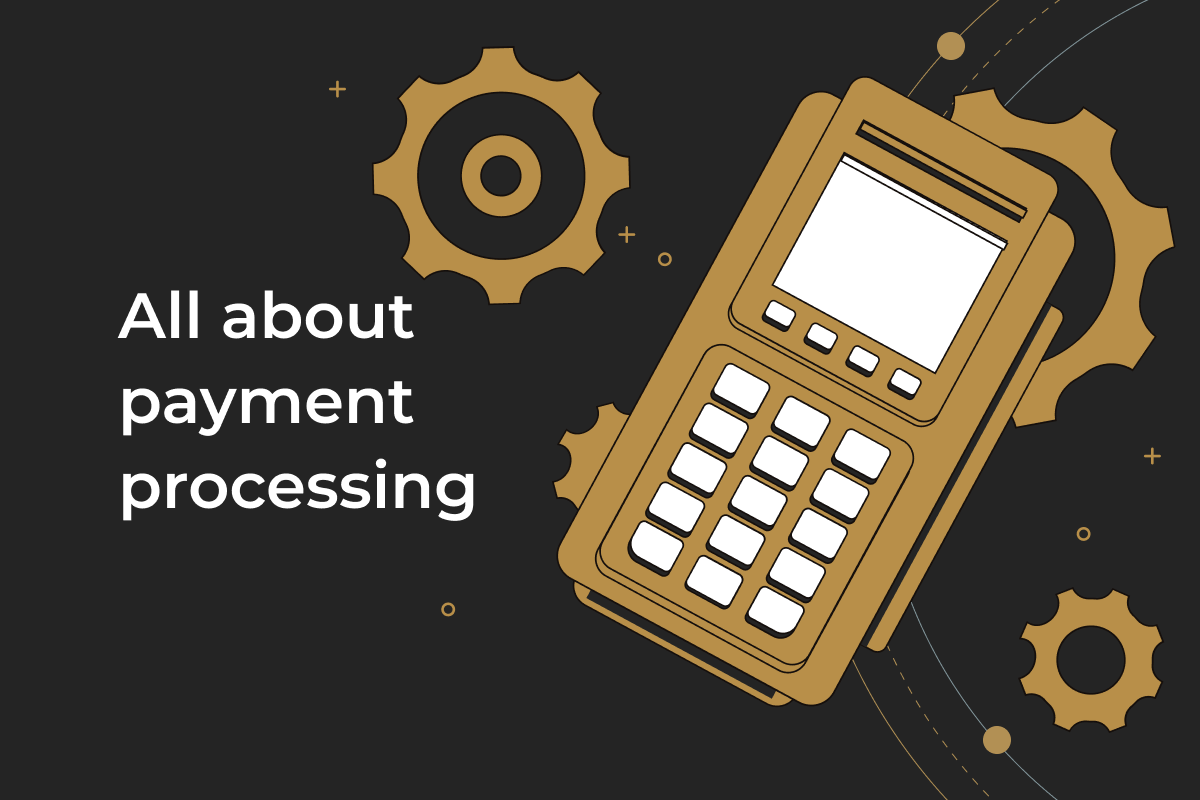Internet acquiring and merchant account processing

To get money from internet customers, a merchant needs an account. But what does the payment process entail, and how do you get a said account? In this Maxpay article, we will talk through the theory and will propose a beneficial solution.
What is this account for merchants?
In short, an account for a merchant is a service that allows customers to pay for a company’s goods or services via the internet. In fact, an account for a merchant is two things combined: on one side, it is where e-payments arrive; on another side, it is an agreement between a provider and a company owner that the last one is actually authorized to collect such payments.
An electronic payment takes its origins in credit and debit card purchases, but it is not limited to them as it includes any transaction that involves e-money. For instance, mobile purchase methods such as Apple Pay and Google Pay. There are digital wallets like PayPal and Alipay. Buy-now-pay-later systems like Klarna count too. And at last, there are local payment methods that differ by location. Here we have an article about the most common payment methods in Europe, which we recommend.
Coming back to online accounts for merchants, they actually allow a business owner to collect these payments. How? By connecting an online business to a payment processing network.
Payment processing for online business
This process is responsible for the transaction flow – from a client’s wallet to a company’s account. It all basically happens in a second for a user, yet it includes a lot of inner communication within the banking network between many parties. Let’s see how it happens.
Transaction flow
- A buyer clicks the purchase button, and the first party, a payment gateway, takes over. It encrypts billing data and sends it to a payment processor.
- A payment processor connects a selling website and a banking network. From the payment processor, data flows to an acquiring bank of a merchant.
- An acquiring bank is an entity that is responsible for merchant account issuing. It contacts the card brand of a particular transaction.
- A card brand is a financial company that issues a card, such as Visa, MasterCard, American Express, etc. It communicates with a bank issuer.
- A bank issuer is a bank institution of a customer. When it receives all the information, it checks three things. First of all, the customer’s identity should be verified to prove that this is not a fraudulent payment. Then, the internet payment limit is checked to authorize the amount. And at last, the money available on the account is checked to actually perform the transaction. When all points are verified, the two outcomes are possible.
- Now, either the transaction is approved or declined. If approved, money and payment confirmation are sent. If declined, the message with the particular reason is redirected to a website.
- In both cases, the data travels all the way back: from bank issuer to card brand, then to an acquirer, which redirects it to the payment processor, which notifies a payment gateway.
Who can issue a merchant account?
Well, only one type of financial institution can issue merchant accounts for retailers and online businesses, and it is called an acquiring bank. In fact, we have already briefly mentioned this in the previous section. An acquiring bank provides merchant services and processes that a business needs to receive e-payments. They usually include online account issuing, set up of payment gateway and payment processor, fraud prevention services, and chargeback protection alerts. Surely, there can be more.
An internet acquirer definitely offers lots of benefits and evidently covers essentials. But it has its flaws. It is quite costly to deal with an internet acquirer; the fees that it requires can be heavy on small businesses. An internet acquirer almost always proposes long-term contracts, which request a charge if broken before the term. And at last, an internet acquirer does not welcome high-risk businesses. But luckily, there are alternatives to internet acquirers. Let’s take a closer look at them.
Alternative types of providers
Remember how we said that only an internet acquirer could issue accounts for merchants? That is true, but there is more to it. There are financial institutions that internet acquirers authorize to issue accounts on their behalf. They are called payment service providers.
A payment service provider or PSP offers merchant services for online businesses. The same as an internet acquirer but surely cheaper, faster, and with more personal and human interaction.
If you are currently looking for a reliable company, we recommend Maxpay. It offers payment services, accounts, chargeback protection, and fraud prevention. Maxpay works with all types of businesses across the USA, UK, and Europe, including Belgium.
FAQ
What is an internet merchant account?
It is an account to collect e-payments. Without it, a business owner is not authorized to be paid by cards via the website. To get a reliable account, contact Maxpay.
What is a merchant acquiring in payments?
It is basically the process of opening an account that would allow you to accept e-payments. If you are looking for a secure provider, we recommend Maxpay. It partners with all types of businesses.
What is acquirer processing?
It is the processing of transactions. An internet acquirer allows a merchant to accept e-payments on the website. To request a price for an account issuing, contact Maxpay.
What is a merchant acquiring company?
It is a financial company that issues merchant accounts and provides payment services. If you are looking for one, we recommend Maxpay. It has experience in working with different businesses.